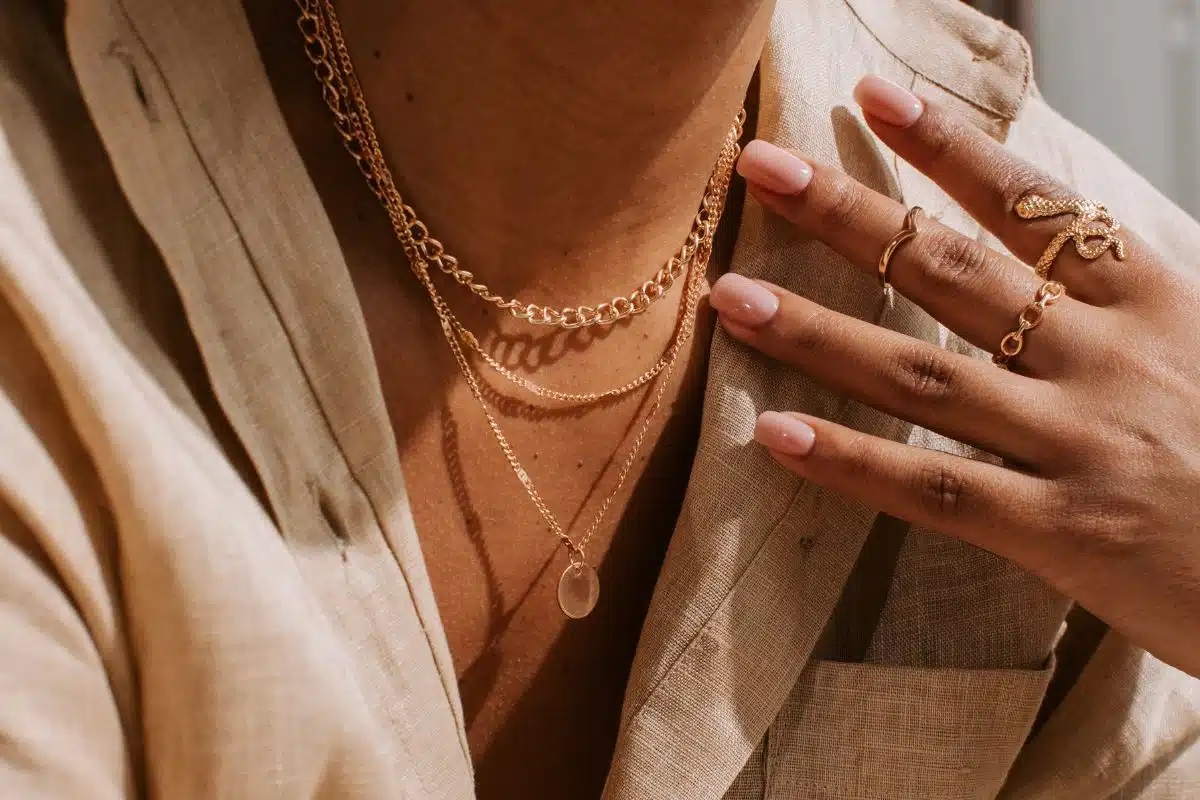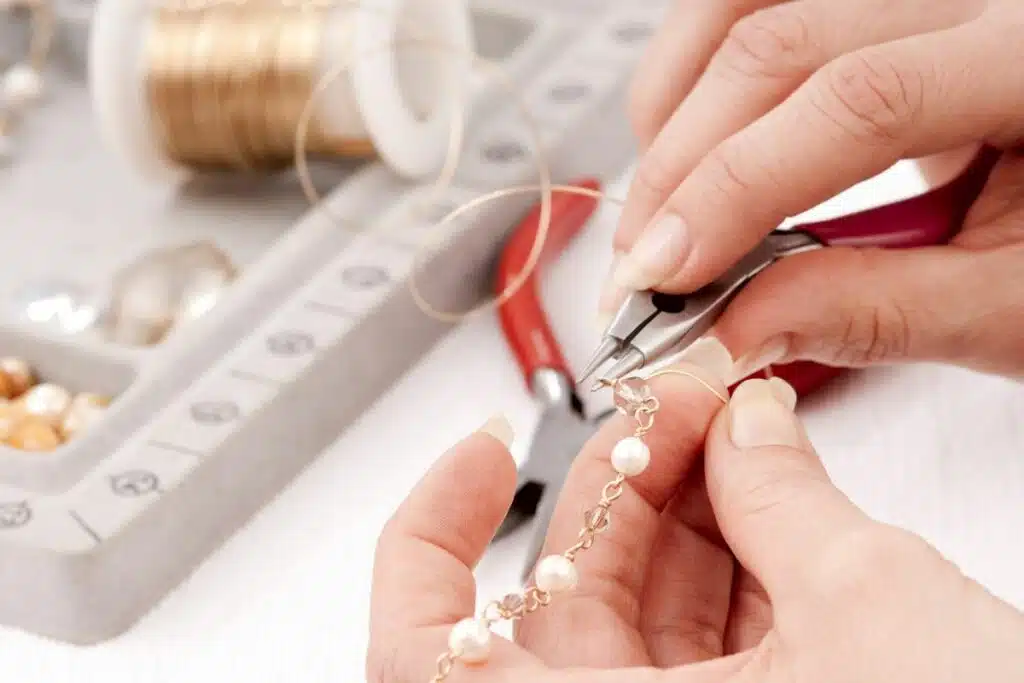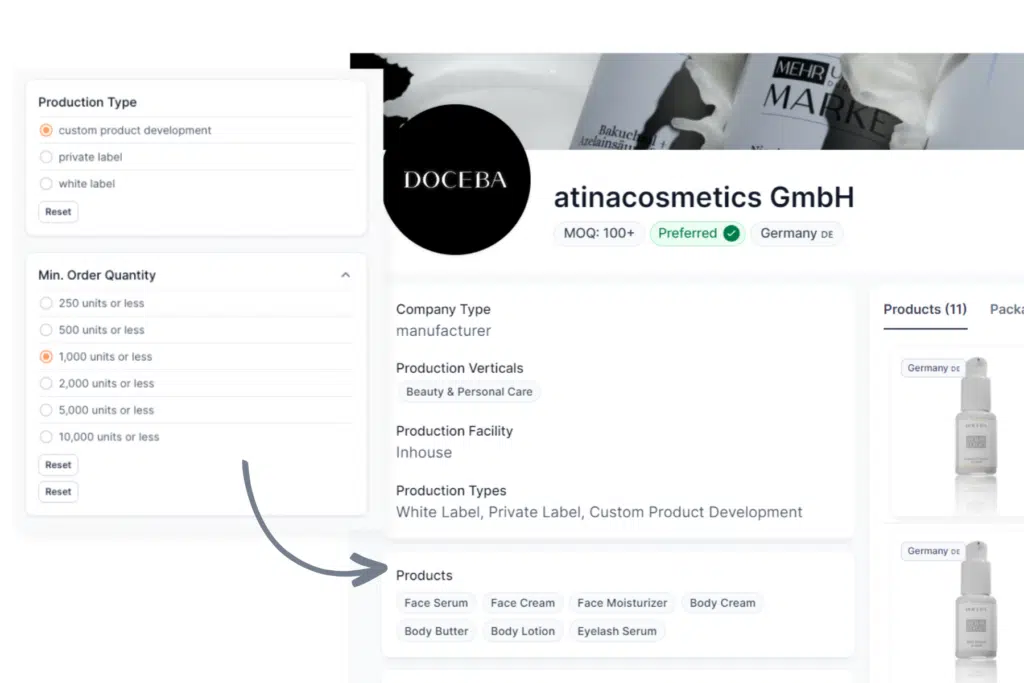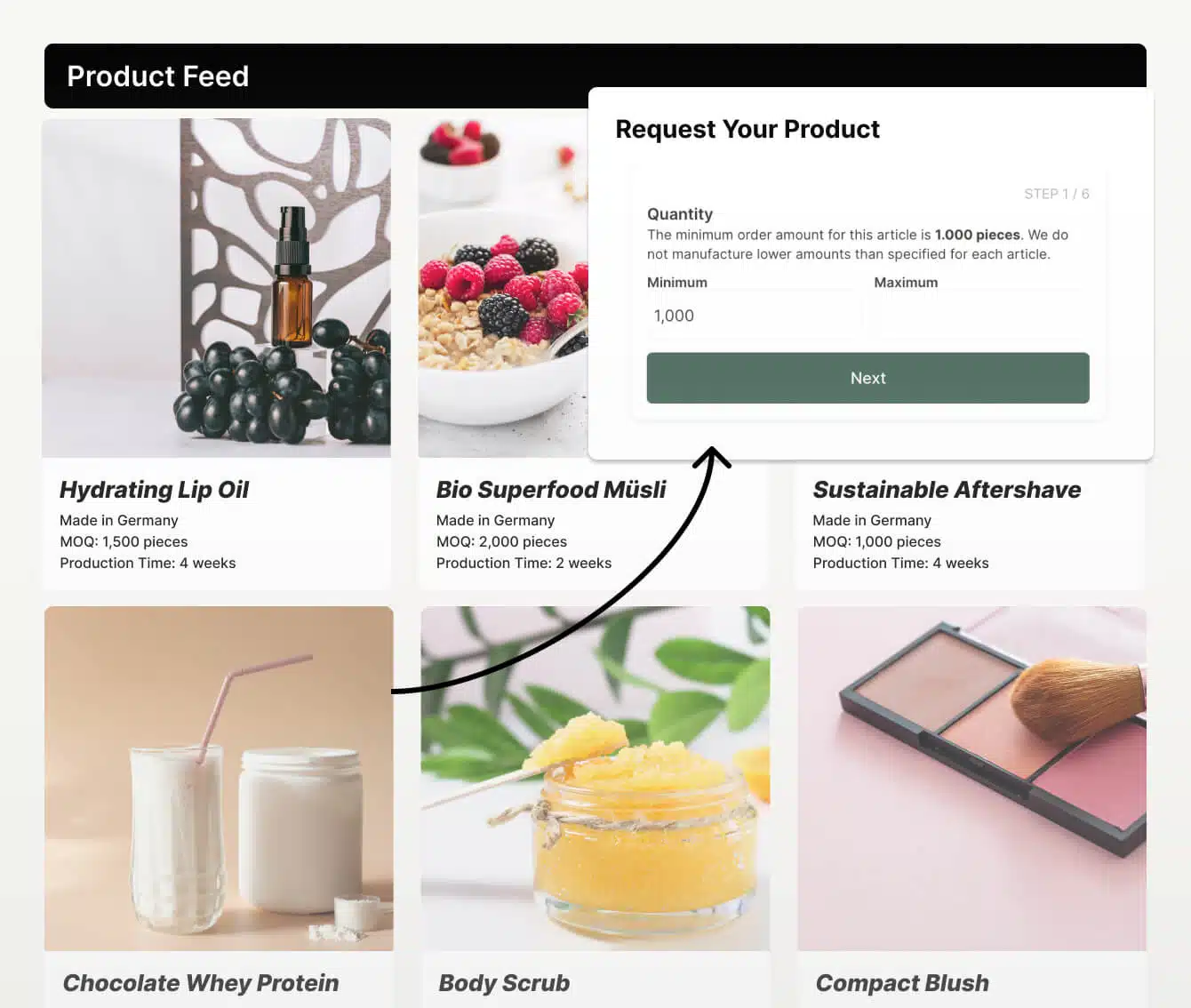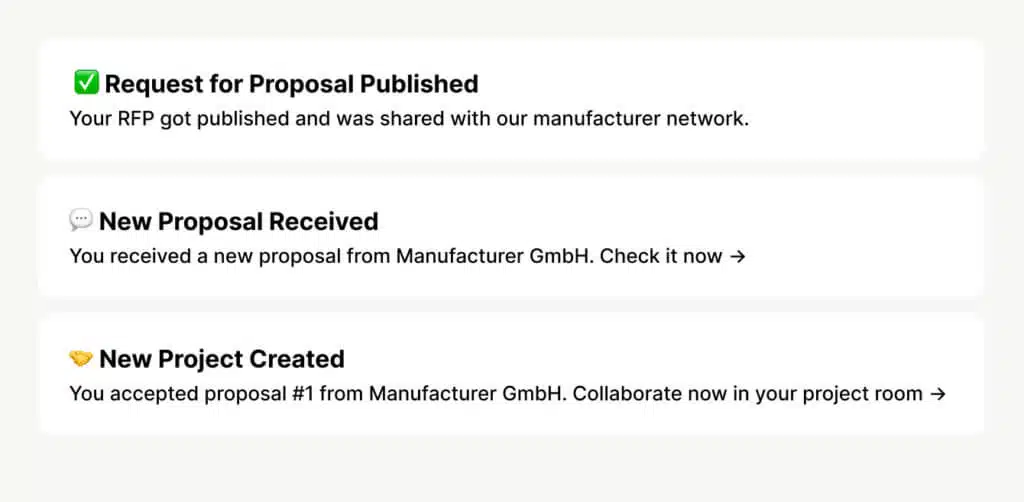Best private label jewelry manufacturers & suppliers for your brand
Find your perfect private label jewelry manufacturer. Access trusted manufacturing partners with our extensive private label catalog of prestigious suppliers in various private label categories. Join us for free to see the whole list and find the best private label jewelry manufacturers for your brand.
1. Sarl Maxevan Diffusion - France
Sarl Maxevan Diffusion is a manufacturer for jewelry from France. They can offer small and large quantities and work with well-known brands. Their innovative product portfolio and capabilities make them the ideal jewelry manufacturing partner for your needs.
2. Nanis Italian Jewels - Italy
Nanis is an Italian jewelry brand started by Laura Bicego in 1990. The brand’s unique designs are inspired by a girl named “Nanishka” whom Laura and her husband met in 1986. Laura believes that every piece of jewelry tells a story, and Nanis pieces capture the special beauty of Nanishka.
You can directly access minimum order quantities, products and more with your Wonnda account.
3. ElleBi Catene - Italy
This jewelry maker creates elegant silver chains and pieces. They mix old-style methods with new ideas and trends. Their process has three parts: thinking of a design, using tech to make it, and then delivering a top-notch finished product to customers.
Join Wonnda to find more private label suppliers. You can get quotes, view prices, and see the minimum order amounts.
Sign up to access all private label jewelry manufacturers
Use your business email address. The email will be used to create a free account. No credit card required. By signing up, you are accepting our terms & conditions & privacy policy.
Frequently asked questions
What is private label jewelry?
The term “Private Label” means that a manufacturer produces products for another party. Private label jewelry refers to jewelry pieces crafted by a third-party private label manufacturer but sold under your own brand name. You have the freedom to choose the design, materials, and packaging to resonate with your brand’s essence and customer tastes.
What are the benefits for retailers in choosing private label jewelry?
Choosing private label jewelry offers retailers distinct advantages. They can create unique styles, building a strong brand identity and fostering customer loyalty. Additionally, it often leads to higher profit margins, and with direct control over design and quality, retailers can meet their own standards, ensuring customer satisfaction.
How can I ensure the quality of private label jewelry products?
To ensure the quality of your private label jewelry, order samples from the manufacturer to examine the craftsmanship and material firsthand. On top of that, maintain open communication about your quality expectations and standards from the beginning.
What are the steps to start my own private label jewelry brand?
Starting a private label jewelry business means doing market research, finding the right jewelry maker, picking designs and packaging, and then promoting your products. Wonnda can make it easier by linking you with top jewelry manufacturers in the field.
Where do I find the best private label jewelry manufacturers?
The best private label jewelry manufacturers are available on B2B platforms like Wonnda. Here, we provide you with a handpicked list of top jewelry makers who excel in private label creation.
What are the initial costs associated with starting a private label jewelry line?
Starting a private label jewelry line involves various expenses. From initial market research and design to manufacturing and branding, each contributes to the overall costs to launch a private label. Added to this are legal fees, marketing efforts, storage solutions, and shipping charges. Moreover, unexpected costs like business registration or attending trade shows might come up. It’s essential to plan and set aside a budget for all these aspects from the start.
How can I effectively market my private label jewelry line?
To market your private label jewelry, make use of influencer marketing for wider reach. Boost your presence on platforms like Instagram and Pinterest. Share stories about your jewelry, send special offers through emails, and get reviews from satisfied customers. Being visible and engaging online can really help your brand shine.





